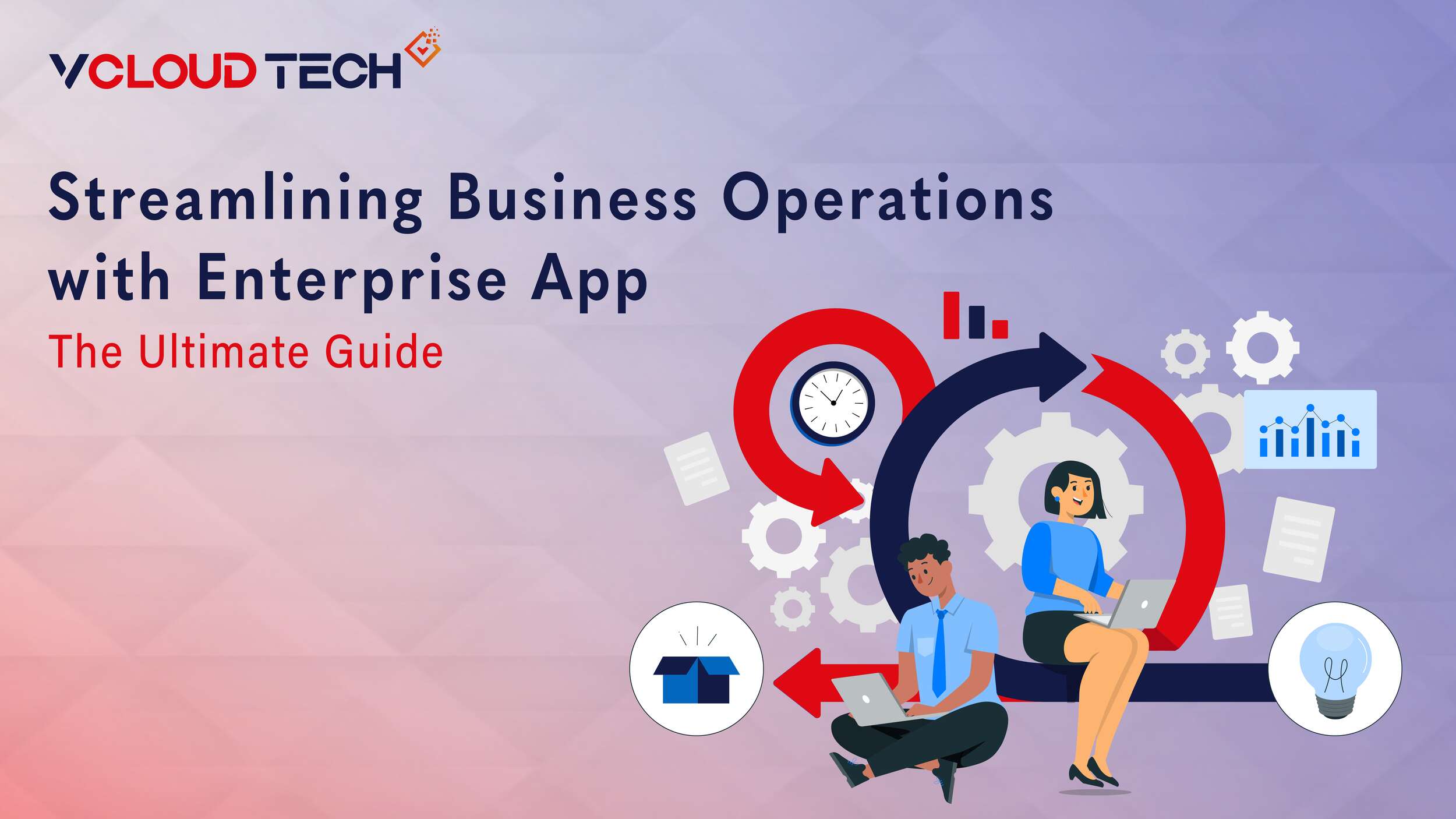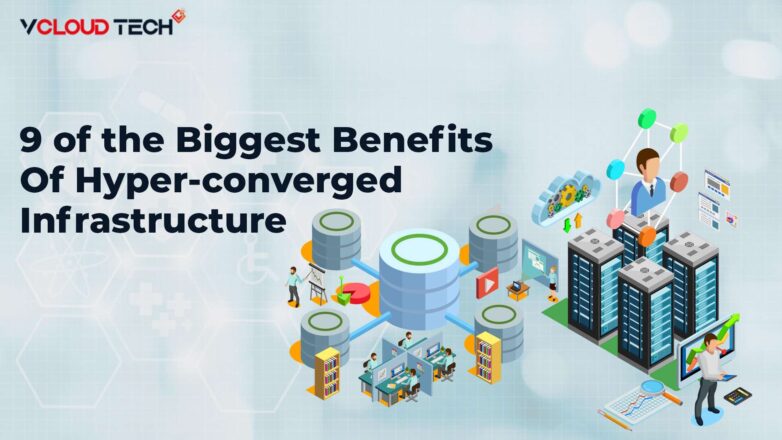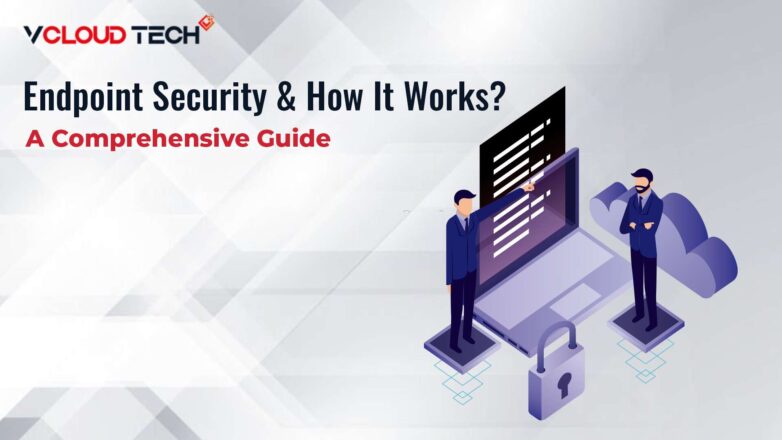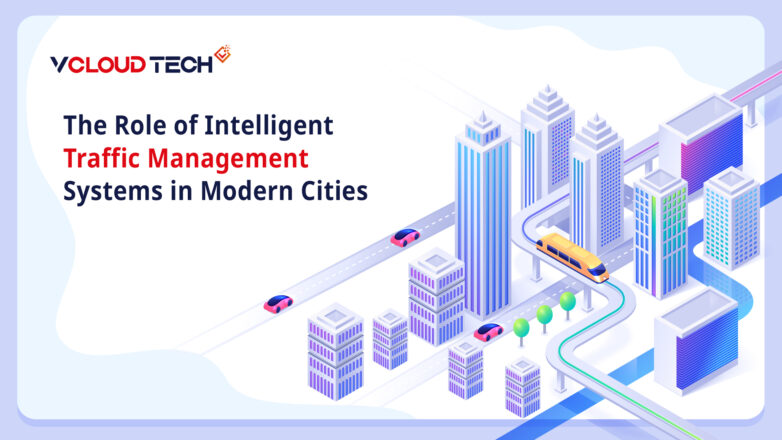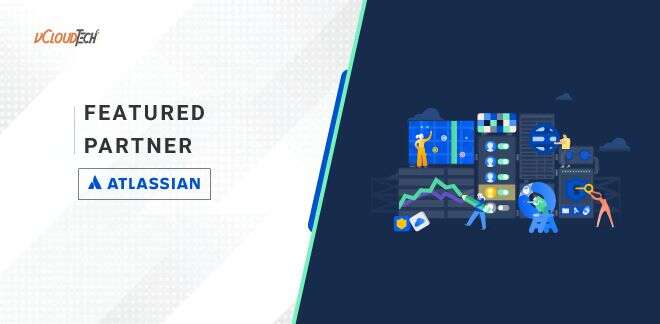The Ultimate Guide
Organizations strive to optimize operations and drive growth in today’s fast-paced and highly competitive business landscape. One key solution that has revolutionized business efficiency is using enterprise apps. Enterprise apps offer comprehensive software solutions that streamline various aspects of business operations, enabling companies to achieve higher productivity, enhanced collaboration, and improved decision-making. This ultimate guide will provide you with valuable insights into streamlining your business operations through the use of enterprise apps.
What is an Enterprise Apps?
Enterprise or business software or Enterprise Applications are software solutions specifically designed to support and automate organizations’ complex processes and workflows. These applications cater to the needs of large-scale enterprises, encompassing diverse functionalities like customer relationship management (CRM), enterprise resource planning (ERP), supply chain management (SCM), human resources management (HRM), and project management
Importance of Enterprise Apps in Streamlining Business Operations
Enterprise applications are pivotal in streamlining Business Operations by integrating and optimizing various organizational departments and processes. They enable seamless communication, efficient collaboration, and data centralization, improving decision-making and productivity. By leveraging the power of enterprise applications, businesses can gain a competitive edge and achieve sustainable growth in today’s dynamic business environment.
Types of Enterprise Apps
Customer Relationship Management (CRM) Apps
CRM apps enable organizations to manage and analyze customer interactions and relationships throughout the customer lifecycle. They provide functionalities for lead management, sales automation, customer support, and marketing campaign management, helping businesses enhance customer satisfaction, loyalty, and retention.
Enterprise Resource Planning (ERP) Apps
ERP apps integrate and streamline core business functions such as finance, human resources, supply chain, and inventory management. These comprehensive systems provide the following:
- A centralized database and real-time visibility into business operations.
- Enabling efficient resource planning.
- Cost control.
- Process optimization.
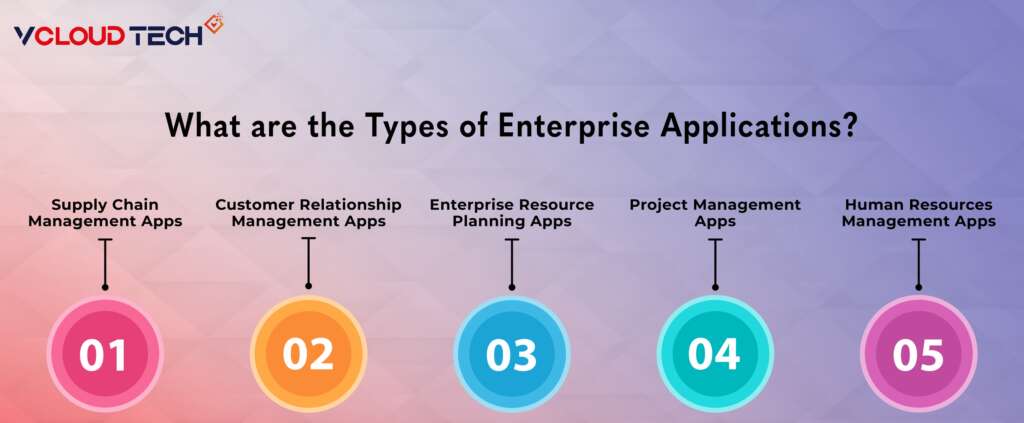
Supply Chain Management (SCM) Apps
SCM apps optimize the flow of goods, services, and information across the supply chain, from procurement to delivery. They facilitate demand forecasting, inventory management, logistics planning, and supplier collaboration, helping businesses reduce costs, improve delivery speed, and enhance overall supply chain efficiency.
Human Resources Management (HRM) Apps
HRM apps streamline HR processes, including recruitment, employee onboarding, performance management, and benefits administration. In addition, these applications automate administrative tasks, promote employee self-service, and provide analytics for workforce planning, talent development, and employee engagement.
Project Management Apps
Project management apps offer tools for planning, organizing, and tracking projects from initiation to completion. They enable task management, resource allocation, collaboration, and progress tracking, ensuring project milestones are achieved within defined timelines and budgets.
Benefits of Using Enterprise Apps for Business Operations
Enhanced Efficiency and Productivity
Enterprise applications provide businesses with advanced tools and functionalities that automate repetitive tasks, streamline workflows, and eliminate manual errors. As a result, employees can focus on more strategic activities by reducing time-consuming administrative work, increasing their productivity and overall efficiency.
Improved Collaboration and Communication
Enterprise apps facilitate effective collaboration among teams, departments, and stakeholders by providing centralized platforms for sharing information, documents, and real-time updates. With Collaboration Tools, enhanced communication leads to faster decision-making, smoother project management, and better alignment of business objectives.
Data Centralization and Accessibility
Organizations can securely centralize and store data via Enterprise Software, making it readily available to authorized users. This centralized approach eliminates data silos, ensures data consistency, and allows real-time reporting and analytics, empowering businesses to make informed decisions based on accurate and up-to-date information.
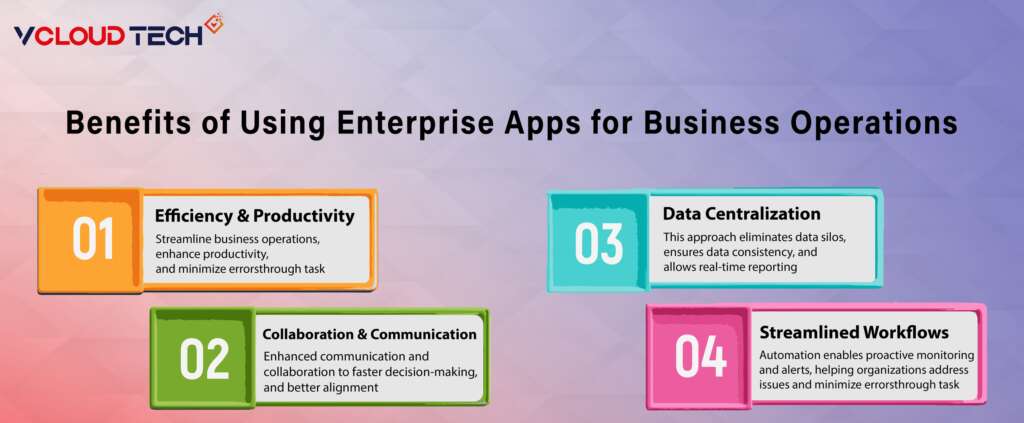
Streamlined Workflows and Automation
Enterprise apps streamline complex business processes by automating routine tasks, approvals, and notifications. By implementing standardized workflows, businesses can ensure consistency, reduce bottlenecks, and optimize resource utilization. Automation also enables proactive monitoring and alerts, helping organizations address issues promptly and minimize downtime.
Key Features of Enterprise Apps
Scalability and Flexibility
Enterprise apps are designed to scale with the growing needs of businesses. They offer flexible architecture and modular components, allowing organizations to customize and expand the application based on their unique requirements. This scalability ensures that the software remains relevant and adaptable to changing business demands.
Security and Data Privacy
Enterprise or Business Apps prioritize data security and privacy by implementing robust encryption mechanisms, access controls, and user authentication protocols. In addition, they adhere to industry standards and compliance regulations to protect sensitive business information from unauthorized access, ensuring the integrity and confidentiality of data.
Integration Capabilities
Enterprise apps seamlessly integrate with existing systems, databases, and third-party applications, eliminating data silos and enabling data exchange across different departments. Integration capabilities facilitate smooth information flow and enhance cross-functional collaboration, allowing the organizations to make data-driven decisions and optimize resource allocation.
Customization and Personalization
Enterprise apps offer customization options to align with specific business processes and requirements. Organizations can configure the software to match their workflows, add or remove features, and personalize the user interface, resulting in a tailored solution that meets their unique needs. This customization empowers businesses to optimize the application’s usability and maximize user adoption.
Enterprise Apps in Practice: Real-Life Examples
Adobe Acrobat Pro
For creating, modifying, and sharing PDF documents, Adobe Acrobat Pro is a potent enterprise application that is frequently used. It offers features such as digital signatures, collaboration tools, and document version control, making it a valuable tool for businesses dealing with extensive paperwork.
Google Workspace
G Suite, also known as Google Workspace, is a comprehensive suite of productivity and collaboration tools. It includes applications like Gmail, Google Drive, Google Docs, and Google Sheets, enabling real-time collaboration, document sharing, and efficient communication.
Microsoft 365
Word, Excel, PowerPoint, and Teams are among the enterprise-grade programmes available through Microsoft 365, the replacement for Office 365. In addition, it offers robust collaboration features, cloud storage, and seamless integration with other Microsoft tools, making it a popular business choice.
DocuSign eSignature
Organizations may streamline their document signing procedures by using DocuSign eSignature, a top electronic signature service. It eliminates the need for paper-based signatures, reduces turnaround time, and ensures the legality and security of electronic signatures.
Zoom One and Google Meet
Video conferencing tools like Zoom One and Google Meet have become increasingly popular, particularly in cases of remote employment. These apps facilitate virtual meetings, webinars, and screen sharing, fostering communication and collaboration among remote teams.
Selecting the Right Enterprise Apps for Your Business
Assessing Business Needs and Objectives
Before selecting an enterprise app, assessing your organization’s specific needs, goals, and pain points is crucial. Then, identify the key processes and functionalities that require improvement and align them with the capabilities of different enterprise applications.
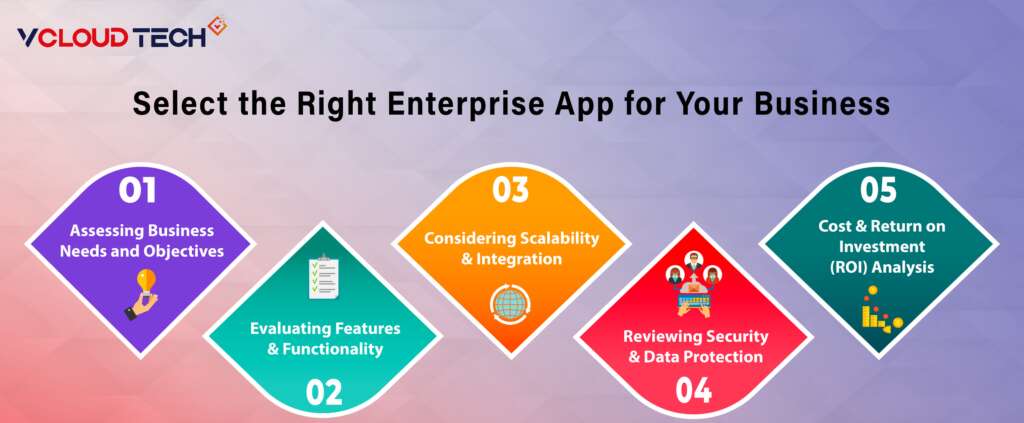
Evaluating Features and Functionality
Please evaluate the features and functionalities different enterprise apps offer, considering their relevance to your business requirements. Look for user-friendly interfaces, intuitive navigation, comprehensive reporting and analytics, and integration capabilities that align with your existing systems.
Considering Scalability and Integration
Choose an enterprise app that can scale alongside your organization’s growth. Ensure the application integrates seamlessly with your current infrastructure, databases, and third-party applications to facilitate efficient data exchange and collaboration.
Reviewing Security and Data Protection
Security and data privacy are paramount considerations when selecting an enterprise app. Assess the vendor’s security measures, data encryption protocols, access controls, and compliance with industry standards and regulations to safeguard your business-critical information.
Cost and Return on Investment (ROI) Analysis
Consider the enterprise app’s Total Cost of Ownership (TCO), including licensing fees, implementation costs, maintenance, and support. Then, conduct a thorough ROI analysis to determine the long-term benefits and potential cost savings that the application can deliver.
Implementing and Adopting Enterprise Apps Successfully
Planning and Strategy Development
Develop a comprehensive implementation plan that outlines the steps, timelines, and responsibilities for deploying the enterprise app. Define the project scope, conduct user training needs analysis, and establish a change management strategy to ensure smooth adoption and minimize resistance to change.
User Training and Change Management
Invest in user training programs to familiarize employees with the enterprise app’s features and functionalities. Encourage active participation and provide ongoing support to address any challenges or concerns during the transition period. Implement change management practices to communicate the benefits of the application and promote user buy-in.
Data Migration and System Integration
Ensure a seamless data transition from legacy systems to the new enterprise app. Develop a data migration strategy, perform data cleansing and validation, and conduct thorough testing to verify the accuracy and integrity of the migrated data. Finally, integrate the new application with existing systems to ensure smooth data exchange and business continuity.
Testing and Quality Assurance
Conduct rigorous testing and quality assurance processes to ensure the enterprise app functions as intended and meets the defined business requirements. For example, perform user acceptance testing (UAT), stress testing, and security testing to identify and address any issues or performance bottlenecks before going live.
Overcoming Challenges in Enterprise Apps Adoption
Resistance to Change
Resistance to change is a common challenge when implementing enterprise apps. To overcome this, communicate the benefits of the new application, involve key stakeholders in the decision-making process, address concerns, and provide ongoing support and training to ease the transition.
Legacy System Integration
Integrating the new enterprise app with existing legacy systems can be complex. Ensure proper planning, assess compatibility, and work closely with vendors and IT teams to develop integration strategies that minimize disruption and ensure data integrity.
Data Security and Privacy Concerns
Data security and privacy are critical considerations in enterprise app adoption. Implement robust security measures, comply with data protection regulations, and communicate the steps to secure sensitive information. Educate employees on best practices for data privacy and enforce access controls to prevent unauthorized data breaches.
Employee Training and User Adoption
Lack of user adoption can hinder the success of enterprise app implementation. Provide comprehensive training programs tailored to different user groups, offer ongoing support, and highlight the application’s benefits and ease of use. Encourage feedback and address user concerns promptly to promote user engagement and adoption.
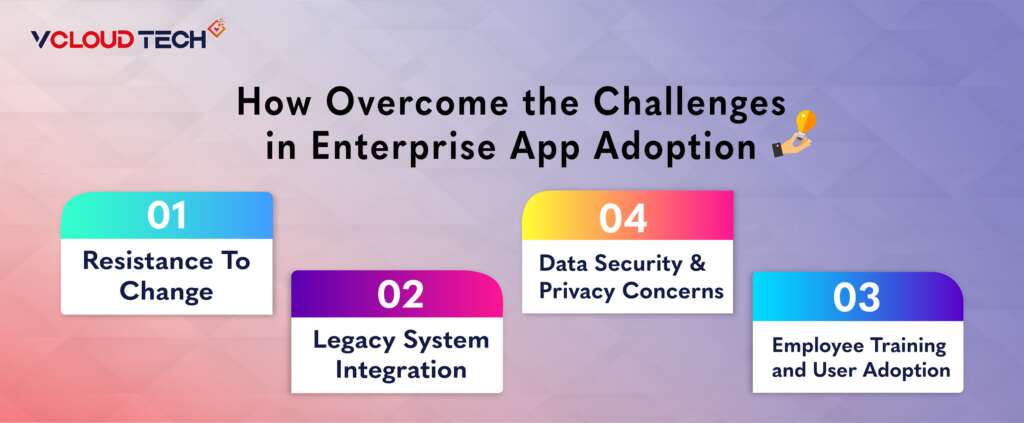
Measuring the Success of Enterprise Apps Implementation
Key Performance Indicators (KPIs)
Define and track relevant KPIs to measure the success of enterprise app implementation. KPIs may include:
- Improved productivity metrics.
- Reduced process cycle times.
- Increased customer satisfaction.
- Cost savings are achieved through streamlined operations.
User Feedback and Satisfaction
Gather feedback from users to assess their satisfaction with the enterprise app. Conduct surveys, interviews, and focus groups to identify areas of improvement and address user concerns. Regularly communicate updates and enhancements to ensure continuous user engagement.
Process Efficiency and Cost Savings
Measure the impact of the enterprise app on process efficiency and cost savings. Analyze the time saved, reduce manual errors, and improve resource allocation and cost reductions achieved through streamlined workflows and automation.
Business Growth and Competitive Advantage
Evaluate the contribution of the enterprise app to overall business growth and competitive advantage. Assess factors such as increased market share, improved customer retention, accelerated time-to-market for new products or services, and enhanced agility in responding to market changes.
Future Trends in Enterprise Apps Development
Artificial Intelligence (AI) and Machine Learning
Machine learning and Artificial Intelligence (AI)is revolutionizing enterprise app development. These technologies enable intelligent automation, predictive analytics, and personalized user experiences, enhancing decision-making capabilities and operational efficiencies.
Internet of Things (IoT) Integration
Integrating enterprise apps with Internet of Things (IoT) devices allows businesses to collect and analyze real-time data from connected devices. This integration enhances process monitoring, enables predictive maintenance, and facilitates data-driven insights for improved operational efficiency and asset management.
Cloud-Based Solutions
Cloud-based enterprise apps offer scalability, accessibility, and cost-effectiveness. They enable businesses to access applications and data from anywhere, collaborate in real time, and leverage the benefits of Cloud Computing, such as scalability, data backup, and disaster recovery.
Mobile-First Approach
Enterprise apps are increasingly being developed with a mobile-first approach to cater to the growing reliance on mobile devices in business operations. Mobile apps provide employees with on-the-go access to critical information, enable remote collaboration, and enhance productivity and responsiveness.
Conclusion
Implementing the right enterprise app can significantly streamline business operations, improve efficiency, and drive growth. Organizations can select and implement an enterprise app that aligns with their specific needs by understanding the importance of enterprise applications, evaluating their benefits, and considering critical factors like scalability, integration, security, and user adoption. With proper planning, training, and ongoing support, businesses can maximize the potential of enterprise apps and gain a competitive edge in today’s digital landscape.
FAQs
How do enterprise apps help streamline business operations?
Enterprise apps automate processes, improve collaboration, centralize data, and provide real-time insights, enhancing efficiency and productivity, streamlined workflows, and better decision-making.
What are some common types of enterprise applications?
Common types of enterprise apps include CRM (Customer Relationship Management), ERP (Enterprise Resource Planning), SCM (Supply Chain Management), HRM (Human Resources Management), and project management apps.
How do enterprise apps ensure data security and privacy?
Enterprise apps prioritize data security by implementing encryption, access controls, and compliance with industry regulations. As a result, they protect sensitive information from unauthorized access and ensure data privacy.
How can businesses measure the success of enterprise app implementation?
Businesses can measure success through KPIs, user feedback, process efficiency, cost savings, and business growth indicators like increased market share and improved customer satisfaction.
What are some future trends in enterprise app development?
Future trends include the integration of AI and machine learning, IoT integration, cloud-based solutions, and a mobile-first approach to cater to the evolving needs of businesses and users.
Reach out to us and book a Free Consultation with vCloud Tech or chat with one of our representatives. Connect with us on Twitter, Facebook, Instagram, and LinkedIn for more information.



